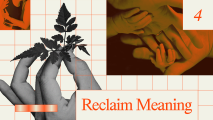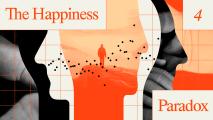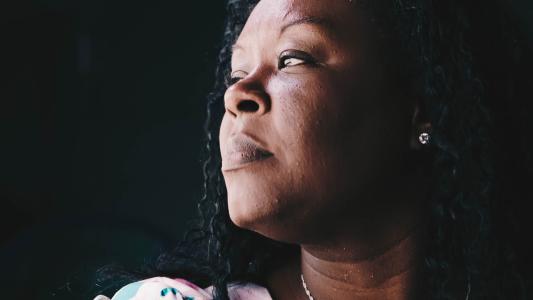Brian Finn covers scars with ink.
The scars always have a history — but he never asks about their origins. And if his patrons share their stories — well, his lips are sealed.
Finn can’t remember the details of what first inspired him to give back to the community like this, but he chose to do it in the way he knows best: tattooing. Finn covers scars from self-harm, violence, or human trafficking with tattoos for free or at a discounted rate.
Like the local bartender or hairstylist, the tattoo artist has become somewhat of a sounding board for people to share their troubles: stories of self-doubt, loveless lives, and violence. A woman is stabbed by her partner, so Finn tattoos a wildflower over her scar. He covers marks from self-harm with Celtic knotwork. Finn says it’s always a heavy story with the same plot, just different characters.
Finn covers scars from self-harm, violence, or human trafficking with tattoos for free or at a discounted rate.
“There’s not too much that is shocking to me. It’s just a reality,” he says. “Some people can handle it better than others. For the people that can’t handle it, I’m here for them.”
Finn never asks if the violence or self-harm continues. He says it isn’t his business. His business is tattoos.
According to him, these tattoos are often a way for people to move past the violence and start a new chapter in life. For others, they hide feelings of regret or sadness.
Initially, Finn offered the tattoos only on Mondays and always for free. But the lines grew longer, and his inbox became flooded with emails, people sharing their stories and wanting a tattoo. The demands were too high, and he couldn’t keep up. Ideally, he says, he would partner with a non-profit or other tattooists to find a sustainable way to continue the charity work. But, for now, with a family to support, he continues to offer the body art at a steep discount.
Like the local bartender or hairstylist, the tattoo artist has become somewhat of a sounding board for people to share their troubles: stories of self-doubt, loveless lives, and violence.
“Helping people will always be something I do,” he says, adding that the best payoff he receives is tears of joy or a hug.
“It is as honest and simple as that.”
For more interesting news about the people and ideas that are changing our world, subscribe to Freethink.






